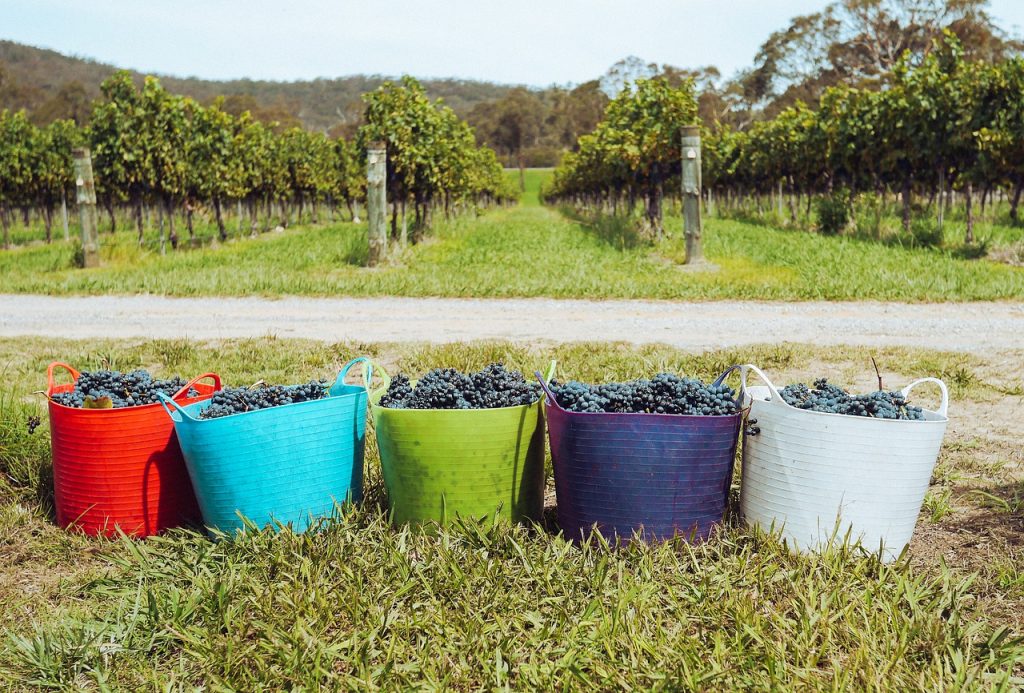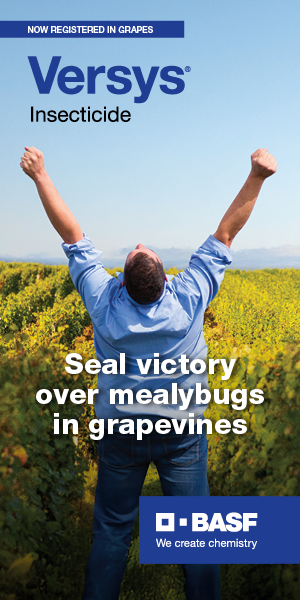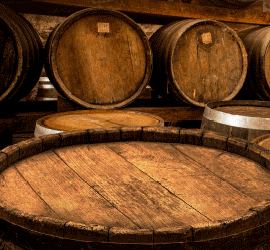As foreshadowed in a legal alert in October 2019, the ACCC has now made it easier for groups of growers or wineries to bargain collectively with the buyers of their produce (such as wineries or distributors).
The ACCC has developed a class exemption that will enable groups of eligible small businesses to come together to negotiate with their suppliers or customers over terms, conditions or prices, without risk of breaching Australia’s competition laws.
The class exemption commenced on 3 June 2021.
Businesses with aggregated turnovers of less than $10 million each in the preceding financial year will be eligible to access the class exemption. The rationale for the class exemption is that, working together, the group might be able to negotiate better terms and conditions with larger businesses than could be achieved individually.
As we observed following the ACCC’s 2019 Wine Grape Market Study, we can see significant opportunity for this class exemption to be utilised in the wine sector.
For example, it may enable:
- Grapegrowers to form a group to negotiate collectively with a purchaser of their grapes; or
- A number of wineries in a distributor’s portfolio to collectively negotiate the terms of a distribution agreement, without having to pay the ACCC a fee or go through the more complex and expensive ACCC “authorisation” or “notification” processes (described in our 10 October 2019 Legal Alert).
It is intended to be a streamlined and simple process. Within 14 days of agreeing to collectively negotiate, the group will be required to provide notice to the ACCC (using the prescribed form) and provide the party, with whom they are collectively negotiating, with a copy of the Notice.
Legal protection from the relevant competition laws will then commence automatically. The prescribed Notice is available on the ACCC’s website.
Although, as the ACCC noted in its December 2020 Report on its Perishable Agricultural Goods Inquiry, collective boycotts may be of limited utility in the context of grower–winemaker dealings (due to the perishable nature of fruit at the time of harvest), it is important to note that collective boycotts are not covered by this new class exemption.
Collective boycotts, being where a group withholds supply until the customer agrees to negotiate, still contravene Australian competition law and can give rise to significant penalties.
For more information, please contact Will Taylor, wine partner; Andrew D’Alessandro, commercial disputes & competition law special counsel or Ned Hewitson, commercial associate.
Are you a Daily Wine News subscriber? If not, click here to join our mailing list. It’s free!





















